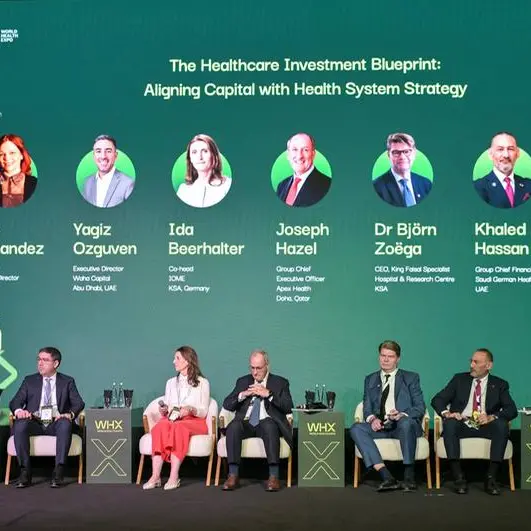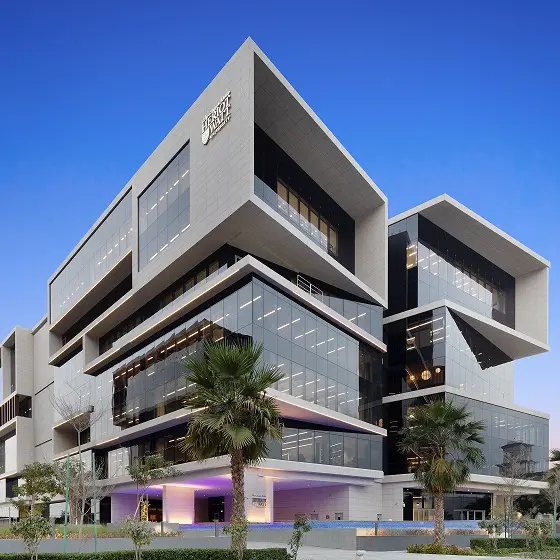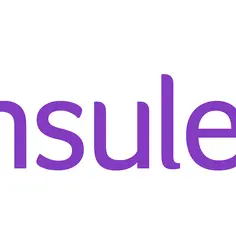Toronto – The four-month learning experience will focus on environmental and sustainable practices when making financial decisions.
Teams of four students from forty-two universities in the United Arab Emirates, Oman, Qatar, Kuwait, Bahrain, Egypt, and Algeria will participate in two competitions; Rotman Portfolio Management Competition @ HSBC (RPMC@HSBC) and Rotman International Trading Competition @ HSBC (RITC@HSBC). In both competitions, in addition to overall financial performance, students must consider ESG ratings in their trading and investing decisions.
The initiative builds on the success of student trading competitions annually hosted by the Rotman School in Canada, Europe and Asia. Registration for eligible institutions is now open.
The competitions give participants a unique opportunity to practice and perfect their decision-making skills using online platforms developed by the BMO Financial Group Finance Research and Trading Lab at the Rotman School. The Rotman Portfolio Manager (RPM) allows users to experience the financial markets in a real-time environment while the RIT Market Simulator and associated Decision Cases platform is an electronic exchange that matches buyers and sellers in an order-driven market on which decision cases are run. Both give participants an invaluable experience in a safe – yet high stakes – intellectually stimulating environment.
“Sustainable finance is at the heart of global decision-making in finance, investment, and trading and this initiative will support the development of a new generation of responsible investors and traders in the MENAT region, which has one of the world’s youngest socially and environmentally-conscious demographics,” said Sabrin Rahman, HSBC’s Head of Sustainability for Europe and the Middle East.
“The Rotman platforms allow participants to test their financial trading and investment theories in a realistic setting. Our goal for the initiative is to create a legacy in the future of sustainable finance by developing advanced skills in sustainability in the next generation of leaders in the region,” says Bachir Chehab, Associate Director of the Lab at the Rotman School.
-Ends-
About :
The BMO Financial Group Finance Research and Trading Lab at the Rotman School of Management is designed to promote experiential learning: integrating markets, data and research with practice making financial decisions. The highly acclaimed RIT Market Simulator developed by the Lab is used by 60 universities and financial institutions around the world. The Lab is utilized by classes in many of Rotman School programs including its Master of Finance, Master of Financial Risk Management, MBA, and Rotman Commerce programs. Further information on the lab is available online.
The Rotman School of Management is part of the University of Toronto, a global centre of research and teaching excellence at the heart of Canada’s commercial capital. Rotman is a catalyst for transformative learning, insights and public engagement, bringing together diverse views and initiatives around a defining purpose: to create value for business and society. For more information, visit www.rotman.utoronto.ca.
In 2019, 2020 and 2021, Euromoney named HSBC as the World’s and Middle East’s Best Bank for Sustainable Finance, reflecting the strategic importance of sustainability to the bank and its customers. HSBC’s leading ESG strategy in the Middle East is outlined below.
- Committed to net-zero across the region to engage with clients on ESG, sustainable finance, and their transition strategies
- Played a role in every public green, social and sustainable bond issuance in the region, have spearhead the development of green trade and transition financing, and substantially increased our balance sheet of green, social and sustainable lending across the Middle East
- Engaged with all our stakeholders on ESG and supported regional regulators with increasing guidance and policies, developing thought leadership and regularly hosting an array of webinars on ESG themes for our clients and the wider sustainable finance sector
- Launched and supported several social programmes that upskill and develop regional youth, SMEs, and those most in need of financial education
For more information about the Finance Research and Trading Lab, please contact:
Bachir Cheha
Associate Director
BMO Financial Group Finance Research and Trading Lab
Rotman School of Management
University of Toronto
E-mail: bachir.chehab@rotman.utoronto.ca
For media-related inquiries, please contact:
Ken McGuffin
Manager, Media Relations
Rotman School of Management
University of Toronto
E-mail: mcguffin@rotman.utoronto.ca
© Press Release 2022
Disclaimer: The contents of this press release was provided from an external third party provider. This website is not responsible for, and does not control, such external content. This content is provided on an “as is” and “as available” basis and has not been edited in any way. Neither this website nor our affiliates guarantee the accuracy of or endorse the views or opinions expressed in this press release.
The press release is provided for informational purposes only. The content does not provide tax, legal or investment advice or opinion regarding the suitability, value or profitability of any particular security, portfolio or investment strategy. Neither this website nor our affiliates shall be liable for any errors or inaccuracies in the content, or for any actions taken by you in reliance thereon. You expressly agree that your use of the information within this article is at your sole risk.
To the fullest extent permitted by applicable law, this website, its parent company, its subsidiaries, its affiliates and the respective shareholders, directors, officers, employees, agents, advertisers, content providers and licensors will not be liable (jointly or severally) to you for any direct, indirect, consequential, special, incidental, punitive or exemplary damages, including without limitation, lost profits, lost savings and lost revenues, whether in negligence, tort, contract or any other theory of liability, even if the parties have been advised of the possibility or could have foreseen any such damages.



















